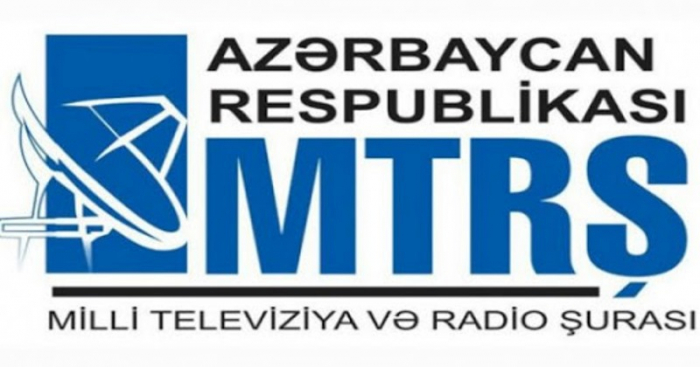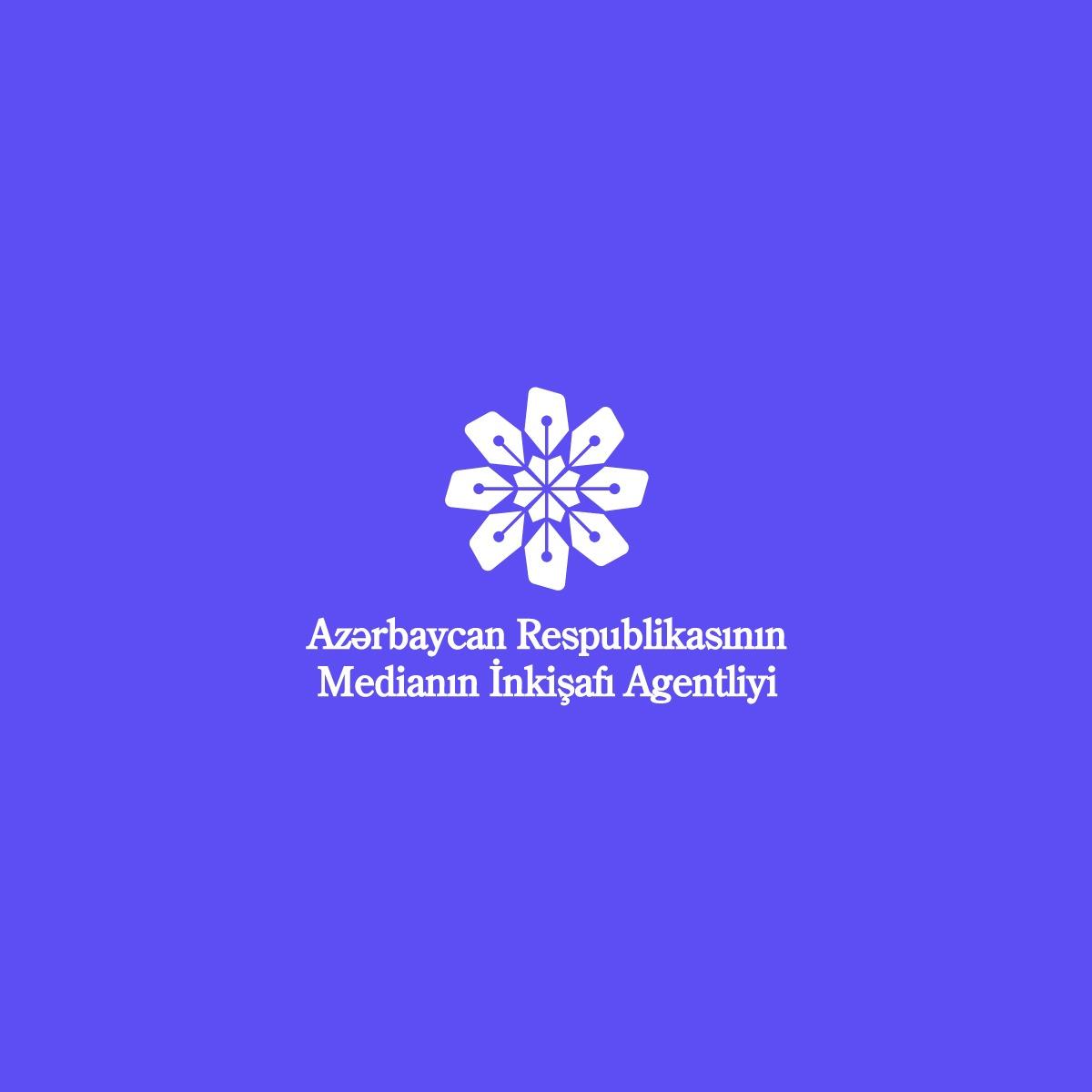MASS MEDIA IN AZERBAIJAN
Today, independent media are being formed in Azerbaijan that meets modern world standards. In terms of the number of media outlets, the Republic of Azerbaijan occupies one of the leading places among the CIS countries and Eastern Europe. More than 5,000 media outlets in Azerbaijan are registered with the relevant state body. The official media are owned by various political and public organizations, private organizations, and individuals. The country publishes about 40-daily, more than 200-weekly and monthly newspapers. More than 80 scientific-practical, socio-political, socio-economic issues, children's and women's problems, and entertainment magazines are published. About 20 news agencies in Azerbaijan regularly and comprehensively disseminate information about the events taking place in the country and the world. The first news agency of Azerbaijan is AZERTAC, created on March 1, 1920. About 100 newspapers and magazines are published in the regions.
Since 1998, new private TV and radio channels have been opened in Azerbaijan, and the scale of cable television has expanded in recent years. Currently, Azerbaijan operates 11 nationwide, 4 satellites and 17 cable television, 8 regional and 12 radio stations. In 2005, "Azerbaijan television and Radio broadcasting" Closed Joint-Stock Company was established based on Azerbaijan state television. In the same year, public television and Radio Broadcasting Company was established on the base of the second state channel and started its activity. According to the decision of the Cabinet of Ministers of the Republic of Azerbaijan dated 2001, digital broadcasting started in the country. The transition to digital broadcasting in Azerbaijan was completed in 2014.
"Azerbaijan television and Radio broadcasting" Closed Joint-Stock Company was established based on Azerbaijan state television. In the same year, public television and Radio Broadcasting Company was established on the base of the second state channel and started its activity. According to the decision of the Cabinet of Ministers of the Republic of Azerbaijan dated 2001, digital broadcasting started in the country. The transition to digital broadcasting in Azerbaijan was completed in 2014.
More than 50 journalist organizations are registered in Azerbaijan, about 30 organizations are actively engaged in the development of freedom of speech and information, strengthening the economic independence of the press, protection of journalists ' rights, expansion of access to information by mass media, regulation of relations between society and mass media and other issues. The number of independent commercial companies operating in the country has increased. At present, more than 20 media companies are operating in the capital and regions.
The rapid development of information and communication technologies in Azerbaijan facilitated the expansion of the internet and the formation of a modern internet network in the country. The president of Azerbaijan approved the "National Strategy on Information and Communication Technologies for the development of the Republic of Azerbaijan (2003-2012)" by the decree of February 17, 2003, and thereby identified the directions of development of information and communication technologies in the upcoming period. Within the framework of the strategy, state programs "electronic Azerbaijan — 2005-2008" and "electronic Azerbaijan-2010-2012" were adopted and implemented. According to the report of the World Economic Forum, the number of internet users in the country currently accounts for 80% of the population. The number of internet provocateurs has reached 40.
There are no restrictions on the free access of ethnic and religious minorities to the media. Newspapers are published in the languages of ethnic minorities or brought from abroad.
Freedom of thought, speech, and information is an important component of democratic achievements in the Republic of Azerbaijan. The Azerbaijani government is determined to continue to fulfill its responsibilities in the development of democracy.
National legislation
The state has created all conditions for the free development of the media, which is called the" fourth government". There are unlimited opportunities for publishing journalistic research, facts, and opinions, respecting legal and ethical norms. In 1998, censorship was abolished by the Order of the nationwide leader. Freedom of expression, speech, and information is a key component of Azerbaijan's domestic policy, and the state consistently provides possible support in this area.
The Constitution of the Republic of Azerbaijan, the Law on Freedom of Information adopted in 1998, the Law on Mass Media adopted in 1999 and improved in consultation with international organizations in subsequent years, as well as the Law on Freedom of Information adopted in 2005 The Law on Access to Information fully ensures freedom of speech and press, and the independence of journalists in our country.

Important legislative measures have been taken in the field of broadcasting. The law" on television and radio broadcasting " was adopted in June 2002 and entered into force in October of the same year. On October 5, 2002, the president of the Republic of Azerbaijan signed a decree on the establishment of the National Television and Radio Council in full compliance with the standards of the Council of Europe. The council was established in January 2003.
The next important step towards ensuring freedom of expression and information was the establishment of the Press Council at the first congress of Azerbaijani journalists on March 15, 2003. This body was created by journalists themselves independently, without any interference from the state. The main function of the Press Council, which is an independent body, is to resolve disputes between individuals and the media, as well as between the media and private companies until the court. The council also carries out the functions of monitoring the newspapers and implementing the provisions of the code of journalist ethics prepared and adopted by it.
To develop the independence of the media, on August 31, 2008, the president of the Republic of Azerbaijan signed an order on approval of the "concept of state support to the development of mass media in the Republic of Azerbaijan". In 2009, the State Support Fund for Mass Media under the president of the Republic of Azerbaijan was established. At the same time, on June 22, 2010, the president of the Republic of Azerbaijan signed a decree "on social protection of the press employees of Azerbaijan".
The National Action Plan for the Promotion of Open Government for 2012-2015 was approved by the Order of the President of Azerbaijan dated September 5, 2012, to increase the transparency of the activities of state bodies, ensuring accountability, expanding public participation, and the use of new technologies. The document is intended to facilitate access to Information, provide regular information to the public about its activities, improve the functioning of a single electronic database of normative legal acts, expand public participation in the activities of state bodies, improve electronic services, etc.
In recent years, certain measures have been taken to remove defamation from the list of criminal acts and to adopt the Law on Defamation. In 2009, articles 147 (slander) and 148 (insult) of the Criminal Code of the Republic of Azerbaijan were on a moratorium. On May 11, 2011, a conference entitled "Decriminalization of Defamation" was held by the former OSCE Office in Baku (the OSCE Project Coordinator in Baku under a new mandate since January 2014) and the Press Council. The Venice Commission was asked to help draft a defamation law in our country. The plenum of the Supreme Court of the Republic of Azerbaijan held on February 21, 2014, adopted a decision to appeal to the Milli Majlis of the Republic of Azerbaijan in exceptional cases of criminal liability for slander and to submit a proposal to the legislative initiative in this regard.
On January 12, 2021, President Ilham Aliyev signed a decree "On deepening media reforms in the Republic of Azerbaijan." According to the decree, the Media Development Agency of the Republic of Azerbaijan was established as a public legal entity based on the State Support Fund for the Development of Mass Media under the President of the Republic of Azerbaijan, and the Charter of the Media Development Agency of the Republic of Azerbaijan was approved.



